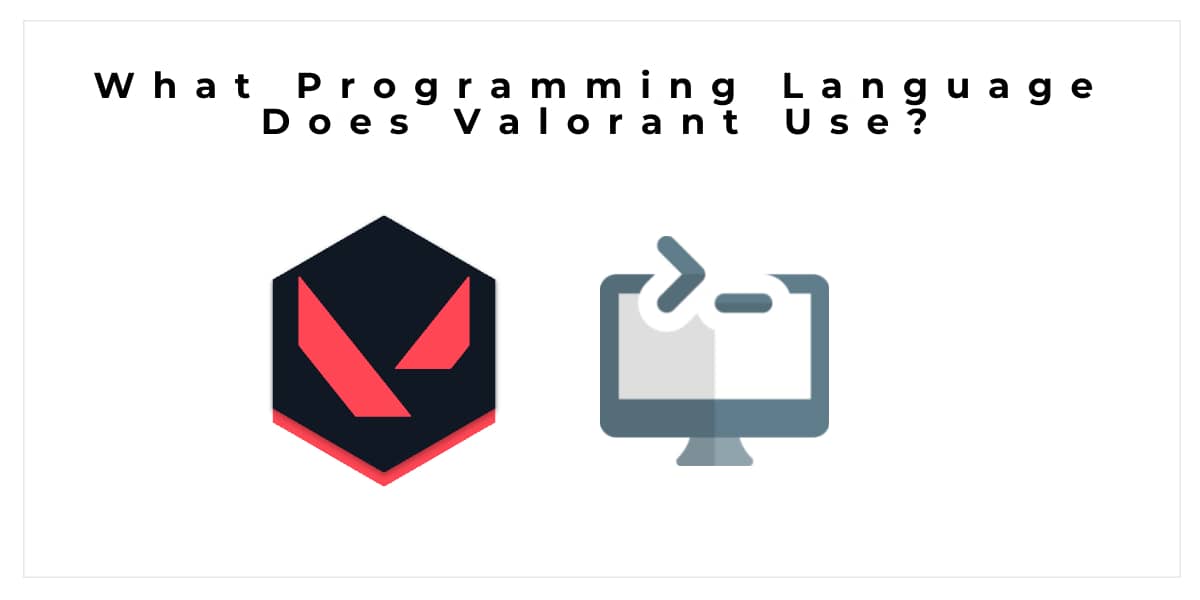Valorant has become one of the most popular first-person shooters in a relatively short period, and for good reason! It's a fun, competitive FPS game bundled together with some real strategy.
But behind the game lies a web of programming languages and technologies that make it run smoothly (most of the time!).
Understanding these technologies allows us to peek into software development/game development and even help new developers and curious minds appreciate the work that goes into creating the game.
The Core Programming Languages Used in Valorant
The main programming languages used in the development of Valorant are C++ and C#.Students typically learn these languages during the initial years of their computer science degree. To excel in game and software development, a strong grasp of these languages is essential, and to achieve that, you can either 'ask someone to do programming homework' or seek online tutoring for mastering these skills.
But why?
C++ is a programming language recognized for its performance and efficiency, making it a popular choice in game development.
It allows for control over hardware resources, which is crucial for a game that requires fast, responsive gameplay, so it's a no-brainer to see why they chose it to handle the game engine and performance-sensitive components.
C#, on the other hand, is used for tools and scripting within the game due to its ease of use and versatility, making it an excellent choice for developing game logic and development tools.
Game Engine and Tools
In terms of the game engine, Valorant is built on Unreal Engine 4, a popular and robust game engine developed by Epic Games and used in games like Fortnite. Besides the game engine, various tools and middleware help with the development process, including custom editors, asset management tools, and third-party software for animation and physics simulations
Server-Side Technology
For server-side technology, Valorant combines C++, Go, and Python.
C++ is used for performance-critical components that require low latency and high throughput. Go, known for its simplicity and efficiency in concurrent programming, is used for networking and server orchestration. Lastly, Python is used for scripting tasks and automation.
These languages create a robust backend that handles matchmaking, game sessions, and real-time data processing.
Client-Side Technology
For the client side, C++ is again the primary language used for performance-intensive tasks such as rendering, physics, and input handling.
Valorant also utilizes optimization techniques to ensure high frame rates and minimal input lag. The client software is designed to be lightweight and efficient for all hardware.
Security and Anti-Cheat Measures
Valorant uses excellent security measures and anti-cheat systems to combat cheating.
The most notable is the Vanguard anti-cheat system, which was developed in-house. Vanguard operates at the kernel level, allowing it to detect and prevent cheating tools that attempt to manipulate the game at a deep level.
Development Challenges
Developing a game as complex and polished as Valorant comes with many challenges. One of the most difficult challenges is optimizing performance while maintaining stunning graphics. Valorant constantly addresses this using advanced optimization techniques and continuously refining the code.
Another big challenge is ensuring low latency and smooth online gameplay for all players, regardless of geography. By investing heavily in their server infrastructure and using efficient networking protocols, Valorant can minimize lag and provide a fun online experience.
Best 7 Coding Languages for Game Developers
Choosing the correct programming language is crucial for game developers as it directly impacts a game's performance, efficiency, and capabilities. Here are the best seven coding languages that every aspiring game developer should consider learning:
- C++: Due to its performance and efficiency, C++ is the backbone of game development. It offers direct control over system resources and memory management, making it ideal for developing high-performance games. Many game engines, including Unreal Engine and Unity, support C++, widely used to create game engines, physics simulations, and graphics.
- C#: C# is known for its simplicity and versatility; it is the primary language for Unity, one of the most popular game development engines. C# allows developers to write clean and maintainable code quickly, and its ease of use and strong framework support make it suitable for developing both 2D and 3D games.
- Java: Java is a versatile language commonly used to create mobile games on the Android platform. It offers strong performance and a rich set of libraries. Java's portability ensures that games can run on various devices, making it an excellent choice for mobile game development.
- Python: Python is known for its simplicity and readability, making it an excellent choice for beginners. It is used in game development for scripting and prototyping, and libraries such as Pygame allow developers to create simple games quickly.
- JavaScript: JavaScript and HTML5 are essential for web-based game development, as they enable the creation of interactive and browser-based games. JavaScript frameworks like Phaser and Babylon.js provide powerful tools for developing 2D and 3D games that run directly in web browsers. Javascript is also the language of choice for platforms and tools made around the game, such as a Valorant boosting website or a win rate tracker.
- Rust: Rust is gaining popularity in game development due to its performance and safety features. It offers memory safety without a garbage collector, which helps build high-performance games.
- Swift: Swift is the preferred language for developing games on Apple's iOS platform. It is known for its speed, safety, and modern syntax. Swift and frameworks like SpriteKit and SceneKit allow developers to create engaging and performant games for iPhones and iPads.
Future of Valorant's Technology
Valorant's technology continues to evolve as the game does, and upcoming updates often include enhancements to the game's graphics engine.
Conclusion
From the performance-critical C++ code to the versatile tools developed in C#, Valorant is a marvel of Software engineering. Understanding the technology behind the game gives us a deeper appreciation for the developers' work.








